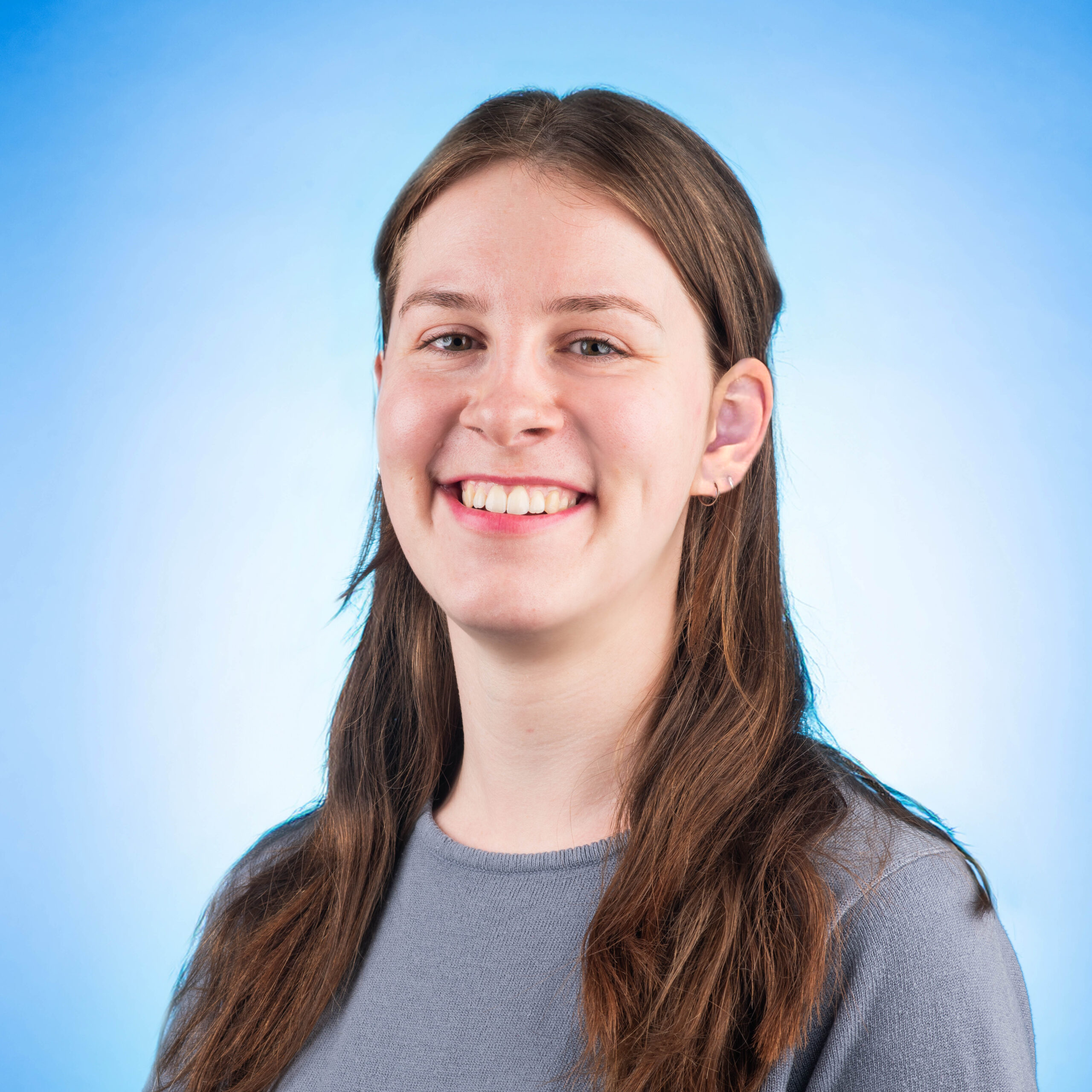Learn how to turn complex geodata into clear insights using R. This hands-on course from Geo-ICT teaches you the skills to analyze, manage, and visualize spatial data using R Spatial—so you can tackle real-world challenges with confidence.
R Programming
Learn how to turn complex geodata into clear insights using R. This hands-on course from Geo-ICT teaches you the skills to analyze, manage, and visualize spatial data using R Spatial—so you can tackle real-world challenges with confidence.
Geospatial data is everywhere—from the maps on your phone to the models used by governments and researchers to plan cities, manage resources, or respond to natural disasters. The ability to understand and analyze this kind of data is becoming increasingly valuable. That’s where R comes in.
R is one of the most powerful tools in data science and statistics, and with the right packages, it becomes a flexible and efficient platform for working with geospatial data. R Spatial is a suite of tools within the R ecosystem that allows you to perform advanced spatial analysis, create rich visualizations, and even build custom workflows to handle large datasets. With R Spatial, you’re not just plotting locations—you’re answering spatial questions, identifying trends, and supporting decisions with data.
It’s also a great tool for collaboration. R works smoothly with platforms like QGIS, making it easier to share data, generate visual output, and move between software environments. Whether you’re working in urban planning, climate research, environmental monitoring, or logistics, spatial analysis with R gives you a way to make sense of location-based information—and tell meaningful stories with your data.
At Geo-ICT, we’ve designed this course to give you the skills and confidence to work with geospatial data using R. Whether you’re new to R or want to strengthen your existing skills, this course is a solid step toward becoming a more capable, data-driven problem solver.
This course focuses on helping you develop a clear understanding of how to work with spatial data in R—from managing datasets to performing advanced analyses. You’ll begin by learning how to import geospatial files, manage different formats, and clean your data for analysis. You’ll also explore how to handle coordinate systems and work with attribute data linked to spatial features.
As you build your skills, you’ll dive into spatial operations like buffering, overlays, spatial joins, and aggregations. You’ll also learn to create effective visualizations—everything from simple maps to dynamic graphics that help communicate insights clearly. Along the way, you’ll explore tools and packages that make R Spatial so powerful, including how to automate tasks and improve your workflow.
We’ll also show you how to integrate R with QGIS, a popular open-source GIS platform. This combination opens up more possibilities for data exchange, presentation, and analysis, especially if you’re working with complex projects or collaborating with others.
Throughout the course, you’ll gain hands-on experience working with real datasets and step-by-step projects. The goal is simple: give you the skills you need to solve real geospatial problems using R—and do it with confidence.
We know there are plenty of options when it comes to learning GIS and data analysis. Here’s why Geo-ICT’s R Spatial course stands out:
On day one, you’ll start with an introduction to R and the R Spatial environment. You’ll get familiar with key libraries and learn how to load, clean, and manage geospatial data. Through practical exercises, you’ll work with real datasets to perform basic analyses and understand spatial relationships.
On day two, you’ll move into more advanced topics. You’ll practice performing spatial operations such as buffering and overlay analysis, and explore how to present your findings visually. You’ll also learn how R works together with QGIS, including how to move data between platforms and use the strengths of both tools in one workflow. The day ends with an introduction to automating repetitive tasks using scripts to improve your efficiency and accuracy.

Do you have questions about the course content? Not sure if the course aligns with your learning objectives? Or would you prefer a private session or in-company training? We’re happy to assist—feel free to get in touch.
The MOVE3D course is a specialized training program designed to teach professionals how to use MOVE3D, a powerful software tool for geodetic analysis and network adjustments. MOVE3D is commonly used in land surveying, geodesy, and related fields to process and adjust geodetic measurements, allowing for precise calculation of coordinates and spatial relationships in 2D, 3D, and 1D geodetic networks.
The MOVE3D course is intended for:
This course is suitable for anyone involved in geodetic analysis, surveying, and the processing of accurate geospatial data who wishes to develop advanced skills using MOVE3D software.
In the Netherlands, MOVE3D is sold and distributed by Sweco Nederland B.V., a leading engineering and consultancy firm. They handle the sales, support, and distribution of MOVE3D software, which is widely used for geodetic network adjustments and quality control in surveying projects. You can get a demo version here: https://move3software.com/downloads/